
Top 7 winter drinks from around the world
Winter is the perfect time to curl up in a warm blanket and enjoy drinks that bring coziness and holiday cheer. Here are seven winter drinks that are perfect for cold days




Olympics
The Olympic Games is a phenomenal discovery of Ancient Greece that survived to our days. This tradition appeared as part of a religious cult. Olympics took place from 776 B.C. till 393 BC. During the Games, it was forbidden to wage wars as the Olympic truce was proclaimed. However, Greeks never suspended their wars. The Games were considered to be a pagan tradition after Christianity emerged.
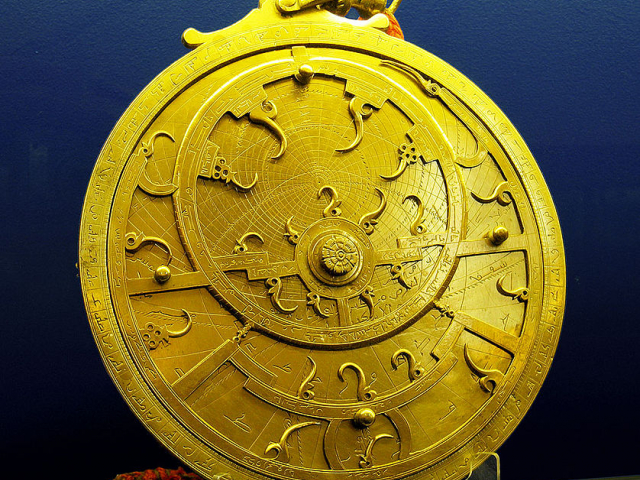
Astrolabe
An astrolabe is another significant discovery of the Ancient Greeks. The instrument was based on the principle of stereographic projection that transformed circles from a sphere to a plane. The astrolabe was invented by Apollonius of Perga. One of the components of this instrument was a drum which depicted the sky with a zodiac circle. The astrolabe got its final form in the 4th century AD.

Theatre
Despite technological progress, it is impossible to imagine contemporary world and culture without a theatre. The theatre of ancient Greece emerged from festivals that honoured the gods of agriculture, particularly Dionysus. According to experts, the origin of the theatre goes back to 534 BC. The theatre expanded in the 5th century BC when tragedy appeared. As a result, the satyr play, the core of theatrical performance, was transformed into drama.
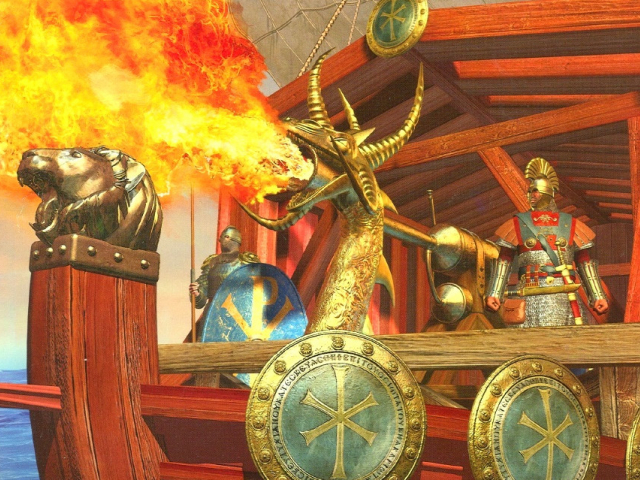
Greek fire
Greek fire was used by the Greeks for protection during the wars of the medieval period. Greek fire was a flaming liquid that served Byzantine citizens as a weapon in naval battles and the siege of fortresses. Allegedly, it consisted of crude oil, sulfur, and various oils. Barrels and clay jars were filled with the liquid and thrown by catapults. Greek fire was extremely difficult to stop even with the help of water.

Cranes
The works of Archimedes of Syracuse played a key role in the development of Ancient Greek science. Humanity uses Archimedes’ inventions to this day. This genius scientist developed a theory of levers, blocks, and screws for lifting heavy weights. Archimedes’ innovation boosted the advancement of construction engineering. The crane is one of the most important machines that survived to this day. Ancient Greeks used cranes to protect the town walls.
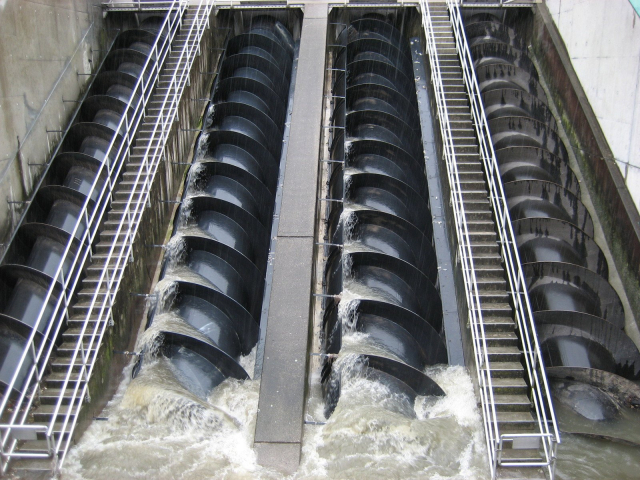
Archimedes' screw
The Archimedes' screw was another machine which contributed to the development of civilization. The device dates back to 250 BC. The mechanism was used to deliver water from small ponds to conveyance canals. The water screw has the following working principle. The mechanism is rotated by means of a wind wheel or manual labor. The device consists of a hollow pipe with a screw inside it. The screw is tilted at an angle to the horizon. When the lower end of the pipe rotates it gathers some amount of water. This water is lifted up the tube during the rotation of the shaft and then it pours out from the top of the tube.
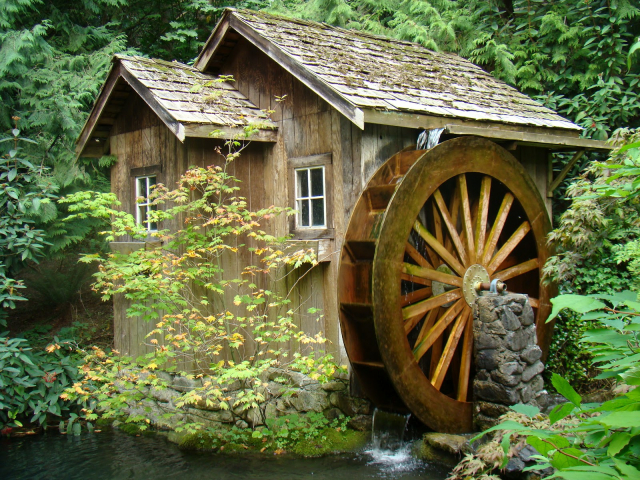
Watermill
For many centuries, the watermill that came to us from Ancient Greece was indispensable in the manufacture of many goods, including flour, lumber, paper, textile and metal products. It consists of two major components - a water wheel and gear transmission. The first wheel dates back to the 3rd century BC. It was created by the Greek scientist Perachor. The water wheel was used for grain milling, grinding, tanning, cutting, and forging.
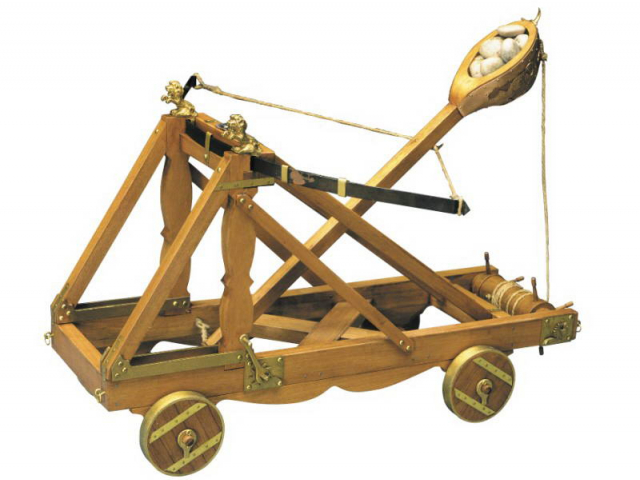
Catapult
The term ‘catapult’ came from ancient Greece. It means a throwing machine of any type. Presumably, this invention appeared in 399 BC in Syracuse, Sicily. The catapult was first used in 397 BC in the battle against Carthage.

Winter is the perfect time to curl up in a warm blanket and enjoy drinks that bring coziness and holiday cheer. Here are seven winter drinks that are perfect for cold days

Despite the widespread belief that ultra-wealthy individuals are leaving big cities in search of privacy, most still prefer to live in bustling metropolises, according to the latest billionaire census conducted by Altrata. Let's explore which cities today have the largest concentration of people with a fortune exceeding $1 billion

The European Union currently includes 27 member states, but the interest in joining continues to grow, with an increasing number of countries aspiring to become part of the bloc. This article highlights the countries advancing toward European integration and examines where they stand on this path